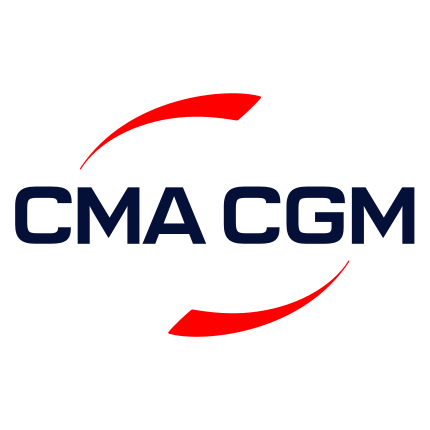
Again, here, the growth in inward M&A is particularly striking, with an increase of 300% compared to the previous year. Since then, there has been a general shift away from high-value transactions towards more numerous mid-market deals, indicated by the decrease in total deal value, even as the number of deals rose.Ģ021 bucked this trend with cross-the-board increases in the value of M&A. However, the record-breaking spend in 2016 was somewhat unusual as there were four enormous deals, including AB InBev’s (Belgium) £78.4bn acquisition of SABMiller (UK). Turning to deal value, 2016 is clearly the standout year regarding the value of the UK’s M&A market, with a 252% increase in total M&A value compared to 2015. In large part, the divergence between inward and outward M&A has been driven by the pound’s weakness, which fell dramatically after the referendum and has never recovered to pre-referendum levels.Ĭonsequently, it became cheaper for foreign firms to acquire British businesses on the one hand and more expensive for British firms to acquire foreign companies on the other. Most of the activity was driven by the 1,198 domestic deals (M&A between two UK companies), accounting for 52% of the overall activity.Īnother key factor was the rise in inward M&A, referring to deals in which foreign companies acquire UK businesses, which in 2021 was the highest since records began in 1987.įrom 2015 to 2022, inward M&A grew by 397%, which is significantly more than the 108% growth in outward M&A (UK businesses buying foreign companies).

This reached a peak in 2021, with a total of 2,298 deals (310% higher than in 2015). Looking first at M&A volume, there has undoubtedly been an increase following the 2016 referendum. Driven by several factors, including the relative undervaluing of UK plc and the pound’s weakness, there has been a substantial boom in the UK’s M&A market. There were also fears that Brexit-related uncertainty would dampen the UK’s mergers and acquisitions (M&A) market, yet the data produced by the ONS tells a rather different story. This makes it one of the most consequential competition authorities internationally, and led to fears that it may struggle with a dramatically increased caseload (though in reality it only reviews a small fraction of mergers). The greater powers for the CMA also reflect the fact that, post-Brexit, its remit has grown significantly to cover all international mergers affecting the UK. The Microsoft-Activision decision came as the government introduced the Digital Markets, Competition and Consumers Bill, which is intended to grant the CMA additional capabilities to investigate mergers and make ‘pro-competition interventions’ against companies with a significant influence in digital markets.
In 2021, the CMA presented Meta, the owner of Facebook and Instagram, with a record-breaking £50.5m fine for breaching an initial enforcement order to divest the gif creation platform Giphy, because its ownership stifles innovation in the display advertising market. The decision highlights the CMA’s interventionist role post-Brexit, coming on top of recent examples of it stepping in to block potential market-distorting activities in the tech and digital sectors. On 26 April, the Competition and Markets Authority (CMA) blocked Microsoft’s $68.7bn acquisition of Activision, the video game developer responsible for the popular Call of Duty series, based on the concern that it would reinforce Microsoft’s already significant position in the cloud gaming market and undermine the growth of an emerging market.ĭepending on your perspective, the decision is something to celebrate, highlighting the UK’s forward-looking consumer-focused post-Brexit regulatory stance (given the EU has approved the deal), or it is symptomatic of an unfriendly business climate, with an Activision spokesperson claiming that that ‘the UK is clearly closed for business’. In light of the Competition and Markets Authority blocking Microsoft’s acquisition of Activision, this month’s trade tracker takes a deep dive into the UK’s post-Brexit mergers and acquisitions market, highlighting that a substantial increase in the market has taken place, driven by several factors and despite significant uncertainty.


 0 kommentar(er)
0 kommentar(er)
